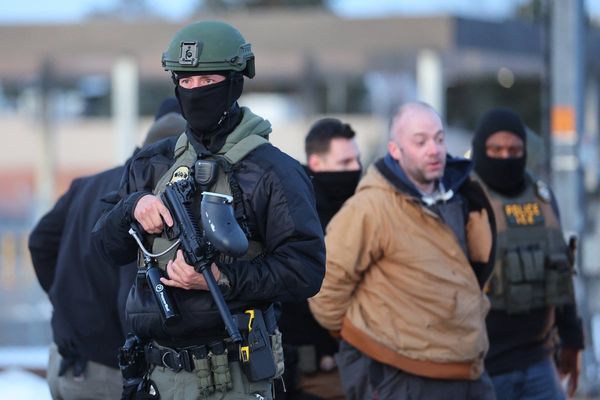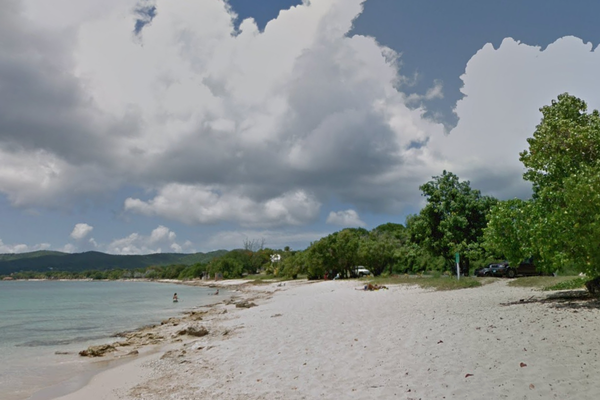
Podgorica (Montenegro) (AFP) - Montenegrins voted Sunday in a presidential election pitting the Adriatic nation's longest serving leader Milo Djukanovic against a range of rivals hoping to shake up the country's political scene.
The election follows months of deadlock after the government was hit with a no-confidence vote in August but continued to rule, kicking off a wave of protests and calls for snap polls for the parliament.
The latter were called for June 11 by Djukanovic on Friday a day after he had dissolved parliament as a three-month deadline expired for the prime minister-designate to form a new government.
Montenegro's president has a largely ceremonial role, with most political power resting with the prime minister.
Nonetheless, Djukanovic remains one of the country's most instrumental figures, famed for wielding power and influence since he broke with Serbia and helped oversee Montenegro's independence in 2006.
A loss at the polls for Djukanovic and his DPS party would signal the beginning of a new political era as the country pursues European Union membership -- a long-sought goal that has been held up by lagging reforms and endemic corruption.
If none of the seven candidates secures more than 50 percent of the vote -- a likely outcome -- a run-off will be held on April 2.
'Deeply disappointed'
After he voted in the capital Podgorica, 61-year-old Djukanovic told reporters he was confident of winning.
He said the elections were an "opportunity for Montenegro to confirm its capability of living in political and social stability ...and reaching its goal of becoming part of the family of European states and people".
Djukanovic remains the heavy favourite but will likely face stiff competition from the pro-Russian Democratic Front's Andrija Mandic, Jakov Milatovic -- a young economist from the increasingly popular Europe Now Movement -- and the leader of the centre-right Democrats Aleksa Becic.
"These elections will also determine whether Montenegro remains within the framework of foreign policy priorities established so far or whether they change under Russian-Serbian influence," political analyst Daliborka Uljarevic told AFP.
Under the leadership of Djukanovic and his party, Montenegro joined NATO, kick-started the negotiating process for EU membership and moved away from Russia's influence.
However, his party's rule has been plagued by allegations of widespread corruption and links to organised crime, which Djukanovic strongly denies.
Since the 2020 parliamentary elections -- which saw DPS's grip on power weaken after taking a beating at the polls -- the country has pivoted from crisis to crisis.
The prolonged political dysfunction has left many in the country of 620,000 people disillusioned with the upcoming election.
Bojan, a pensioner who did not want to give his family name, said he would not vote as he was "deeply disappointed" by the choice of candidates.
Ivan Ivanovic however expects "some changes" but told AFP it remains to be seen "whether they will be good for people ...or will they (politicians) stop at empty promises again, like in every election year".
NGOs were to release first projections of the results late Sunday while the electoral commission is to announce preliminary results on Monday.







